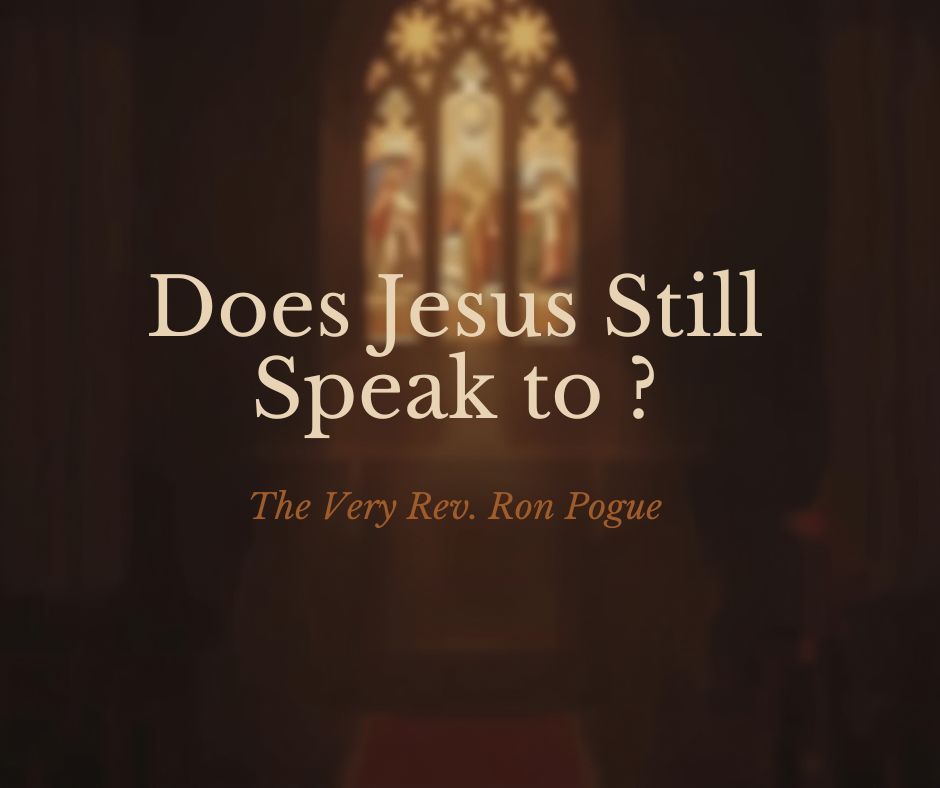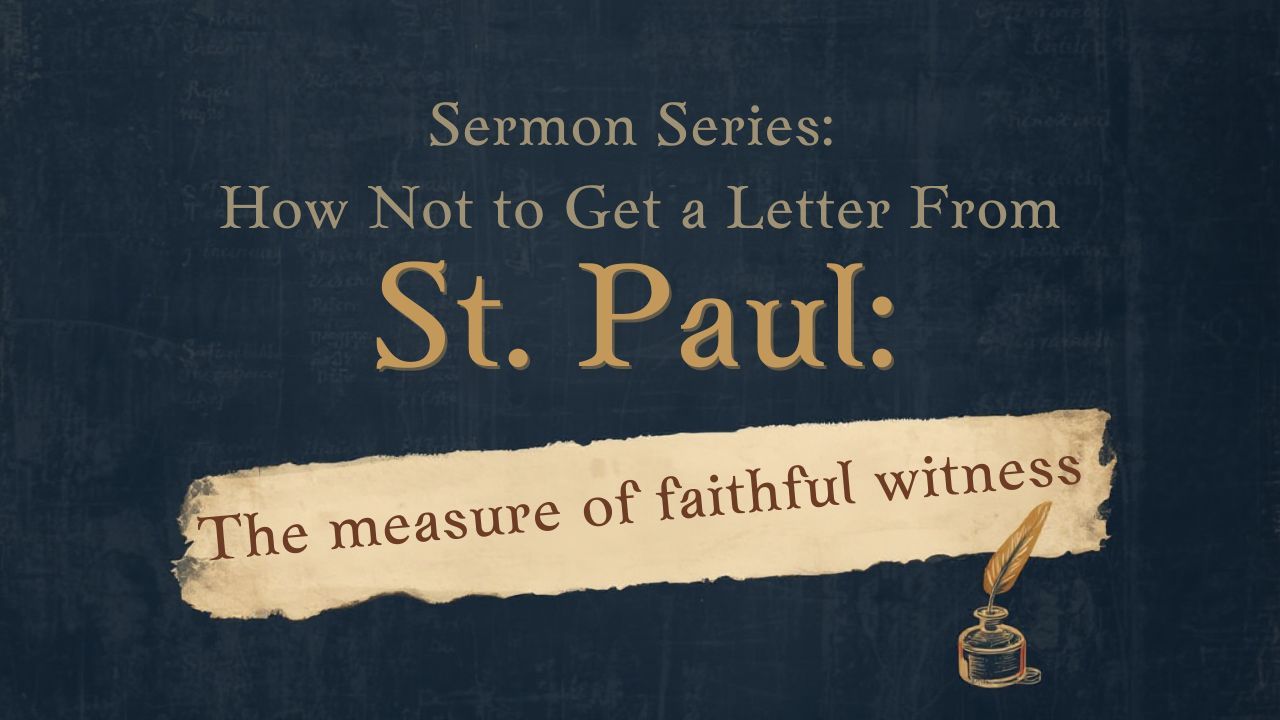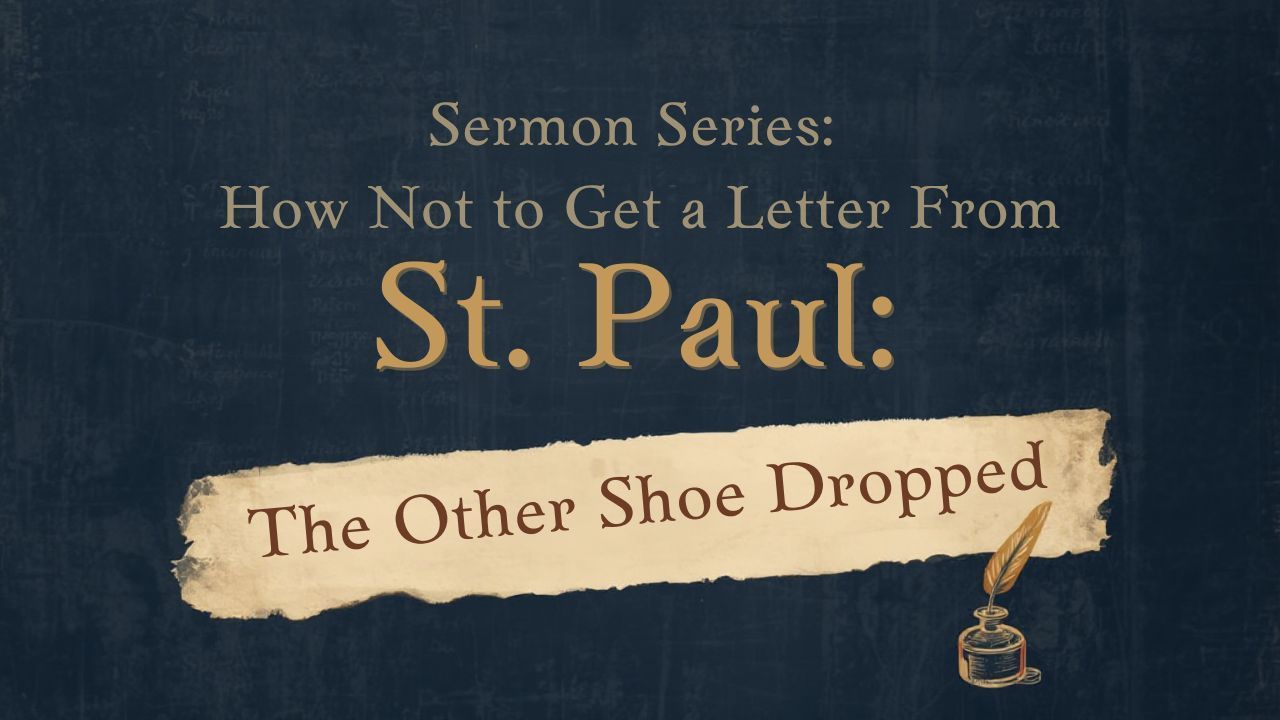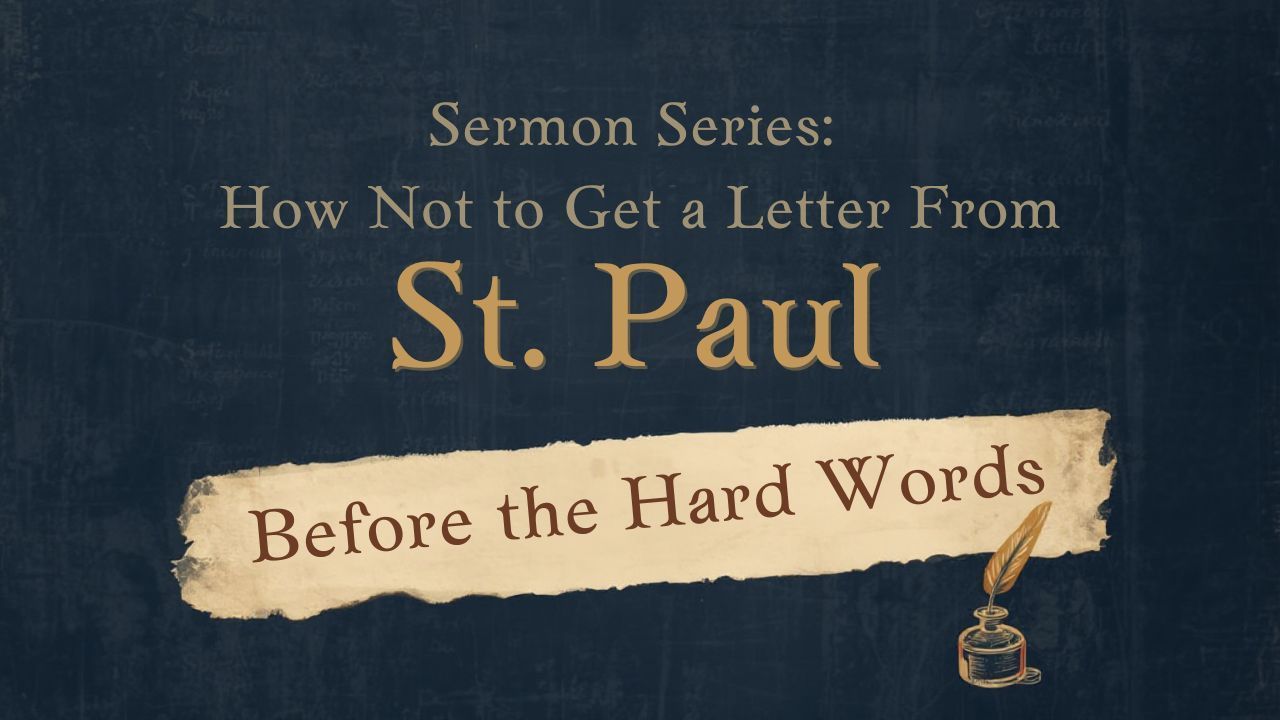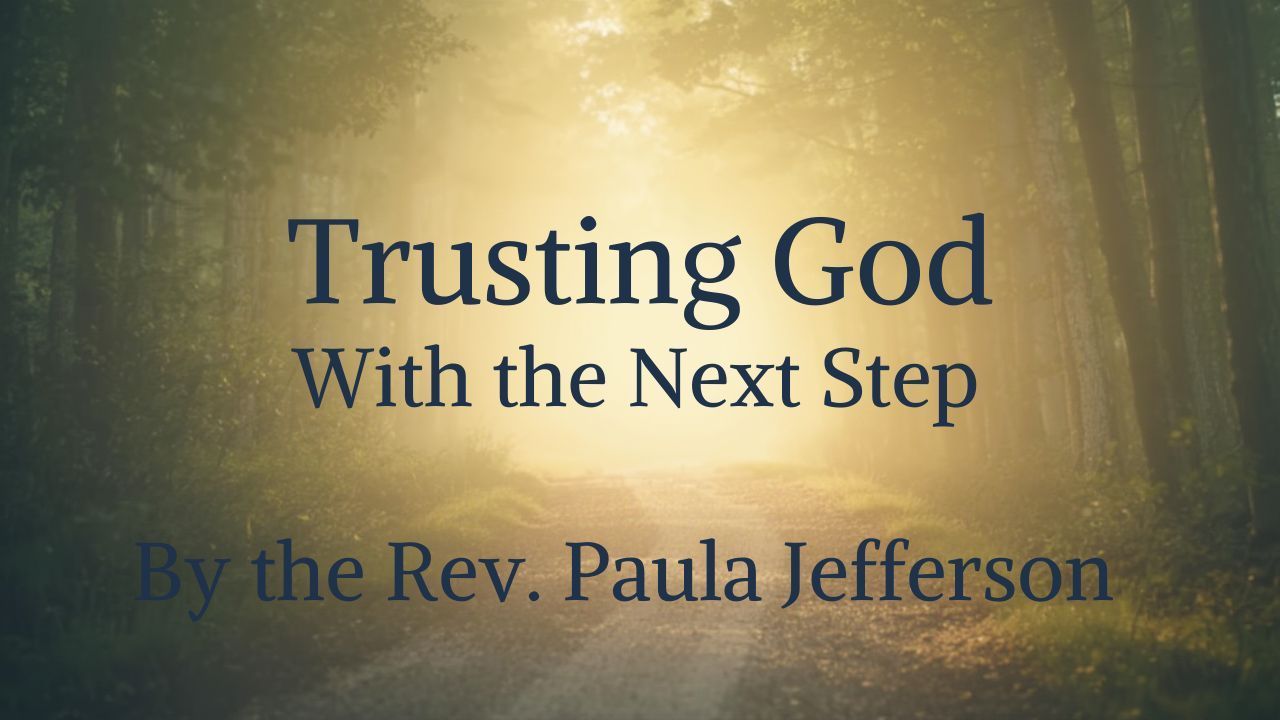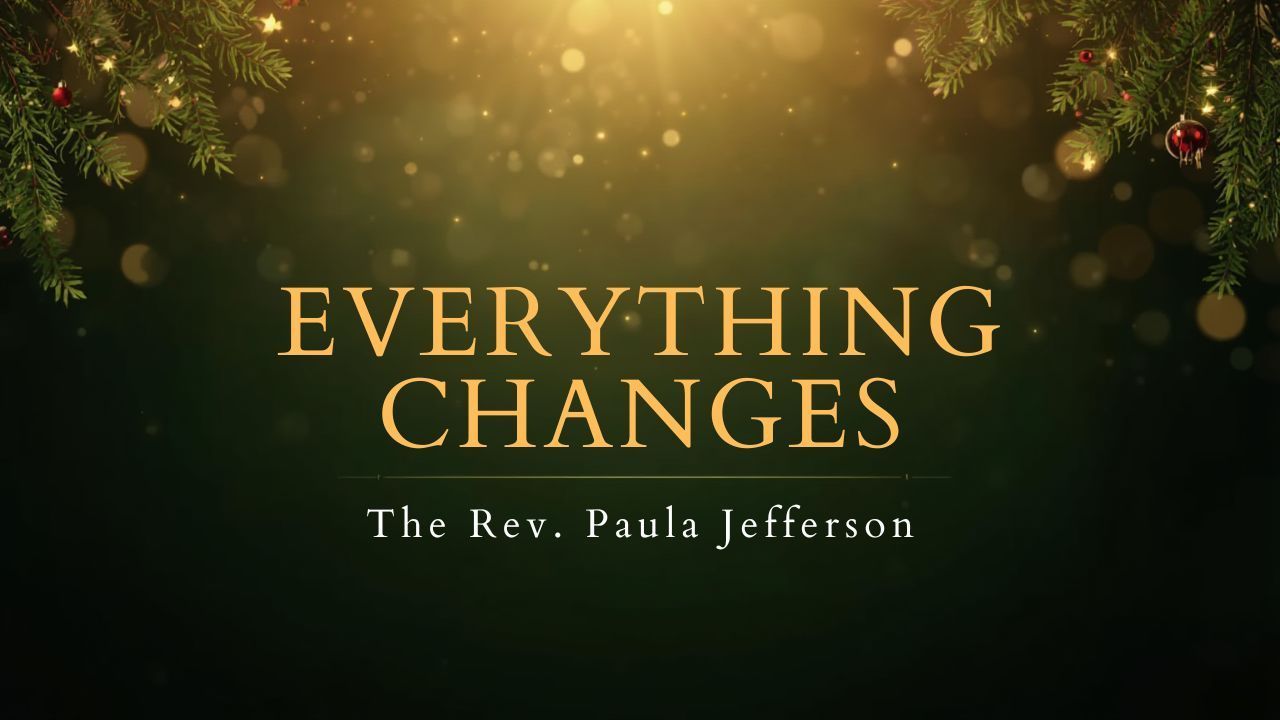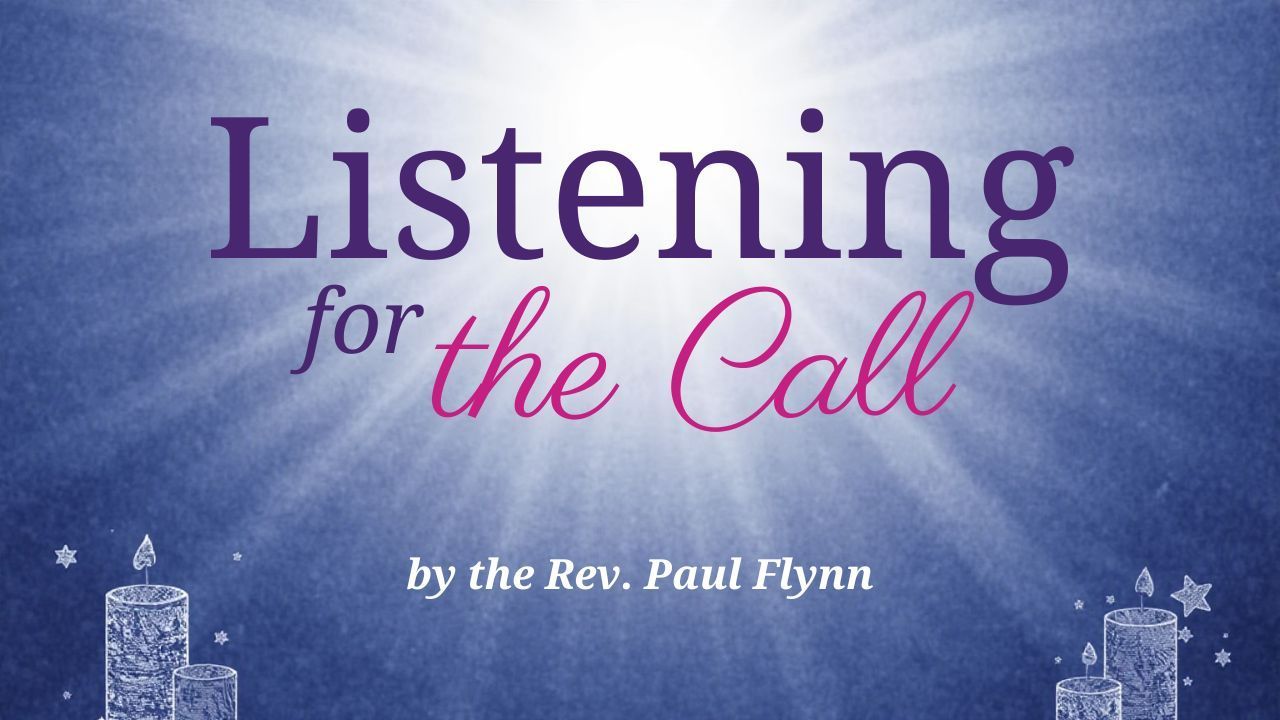One of the wonders of history is the phenomenal growth of Christianity in the first century of its existence. In a surprisingly short time, an officially illegal, persecuted minority became the major faith in the civilized part of the western world, culminating with the triumph of Christianity under Constantine.
How was it accomplished? Historians cannot find a missionary strategy or a plan for Christian expansion in the records of the early church. There were no boards or committees for missionary work, and no “theology for mission” or mission statements printed in church bulletins and posted on websites.
From scattered clues, it seems that the rapid spread of Christianity was due in part to the awareness that mission was a total activity involving preaching, teaching, healing, the Sacraments, personal witness, and service to humanity. They managed to leave the impression on pagan observers that they were a “new race” of people, different from any that had lived before. It was the famous African theologian, Tertullian, who gave perhaps the simplest picture of those early Christians in mission in his famous statement, “see how they love one another.”
Their approach to mission was what you might call a “soft sell” or “mild-mannered” approach. Like the children of Israel who were called to be “a kingdom of priests,” the disciples were given instructions to tend to the physical and spiritual needs of persons. In Jesus' apostolic discourse he outlined the missionary strategy not in terms of conversion to some philosophical viewpoint but in terms of ministry to human need. “And he called to him his twelve disciples and gave them authority over unclean spirits, to cast them out, and to heal every disease and every infirmity, and preach as you go, saying, ‘the kingdom of God is at hand.’ Heal the sick, raise the dead, cleanse the lepers, cast out demons.”
Throughout the world, wherever the church is growing, wherever the church is effective, wherever the church is found at its very best, ordinary people have their sleeves rolled up and are quietly going about following Jesus’ own blueprint for mission which was just read for us a few minutes ago from St. Matthew's gospel. Christian missionary outreach has always depended upon such mild-mannered missions as the mainstay of the enterprise. The disciples were such ordinary people made extraordinary by their faith in and witness to the risen Christ. Following their example and the example of early Christian outreach we learn several things about what ordinary people can do.
To begin with, we see that every life can be a significant life. No one need ever think that she or he has nothing to offer, for Jesus can take what the most ordinary person offers and use it to accomplish great things. We fail him when we plead “I'm ordinary” or “I'm just one person” or “I can't afford to” in the face of a need to which Jesus calls us.
The harvest is plentiful, but the laborers are few. The harvest is God’s. What God needs is laborers who are not afraid of hard work! Every life can be a significant life. Our faith, even a little, can guide our work for the healing of racism, discrimination, injustice, and brutality.
My favorite of all Biblical characters is not one of the strong and influential shapers of the early church but a person who, when the church was in its infancy sold his property and brought his gift to the church. At another time, when the church was facing a very hard time in Antioch, he gave them encouragement and inspiration to continue. It was this man who stood up and spoke on Paul's behalf after the Damascus Road experience, assuring the people that Paul had not come back to persecute them as he had once done, but to join the Christian mission. When Paul sent John Mark away it was this man who received him and loved him and encouraged him until John Mark was once more a fruitful servant of God. I am speaking of Barnabas. His name was really Joseph. They called him Barnabas because the name means, “son of encouragement.” His quiet, unassuming ministry made the supreme difference in four great crises of the early church. He was a blessing to other people and because he was, the church grew and spread out across the face of the earth. Great leaders like Paul were able to go on and do their work because this man was quietly working behind the scenes bringing about a blessing in the Christian community. Every person can be a blessing to others. Every life can be a significant life.
Another thing we learn from the instructions Jesus gave his missionaries is that if we are obedient, God can use even our failures and inadequacies in remarkable ways.
What a pitiful lot those people were standing before Jesus and the disciples. He had compassion, he felt sorry for them. They were “harassed and dejected, like sheep without a shepherd.” And look at the disciples, marked by failures and inadequacies of every sort. Imagine how many mistakes they made trying to do what Jesus wanted. But Jesus urged them on saying, “I can use even your mistakes to the good of my kingdom.” Jesus knew that anybody who ever tried to do anything made a certain number of mistakes in the process. Notice that he even gives them permission to fail if people don’t want to hear them and to move on.
Today is Father’s Day. Think of the fathers and father figures in our lives and their influence on us, even when they made mistakes. Yes, some fathers do great harm to their children. And yet there are others to whom we can go who give us the compassion, the hope, and the nurture we need to rise above our hurt and find our way in life.
Let me remind you that one of the important scientific principles of history was given to us because Keppler, the great astronomer and mathematician, made several mistakes in his calculations about Mars. Let me also remind you that Columbus was not looking for the new world when he set sail. He was looking for a new route to Asia.
Look at our ancestors in faith, like Sarah who thought she was too old to bear a child, so she laughed when God told her she would.
And, we are called to live by a focused faith. It is easy today - it has always been easy - for Christians to be distracted. Influences all around us are very appealing. But we must keep our focus on the things that matter. Jesus told his followers to focus on the sick, the lepers, the demon possessed. Keep your heart and mind on what matters!
This process will help the members of this parish identify and focus on what is most important. We will honor the most important things of the past, embrace the most important things of the present, and reach out for what we believe are the most important things that lie ahead – Who is God calling us to be? What is God calling us to do? Who are the sick? Who are the lepers? And where do demons dwell in the world around us? How shall we respond?
St. Christopher’s is facing an exciting future, filled with challenges and opportunities. In the coming months, you will be reflecting on the journey you have experienced thus far and gently setting priorities for the mission to which God is calling you. As you do, I invite you to remember that faith is forever moving forward into the future where God is already waiting with new duties for God’s holy people who are called to be focused on and participate in the greatest enterprise of all - the ongoing redemption of creation. We can learn much from the past. We can be heartened by the pioneering spirit of our forebears in faith. But the past is prologue. The best days of this family of faith lie ahead as each person takes up his or her gifts and employs them in the service of the Living Christ. We have to keep the focus on faith because the tendency in us to fall into fear, to find the flaws, is very, very strong.
Our Collect of the Day sums it up so beautifully: “Keep, O Lord, your household the Church in your steadfast faith and love, that through your grace we may proclaim your truth with boldness, and minister your justice with compassion; for the sake of our Savior Jesus Christ.”
It doesn't matter who you are or how little you have, God can use your life, even your failures and inadequacies, for the good of his realm. This is the reason Christianity spread across the world during those first years and it is what undergirds the outreach of today's church. Your part is crucial to the whole. And, if you aren’t too sure about this notion of mild-mannered missionaries, just remember that that mild-mannered reporter, Clark Kent, was in reality Superman. Your life and witness counts.
